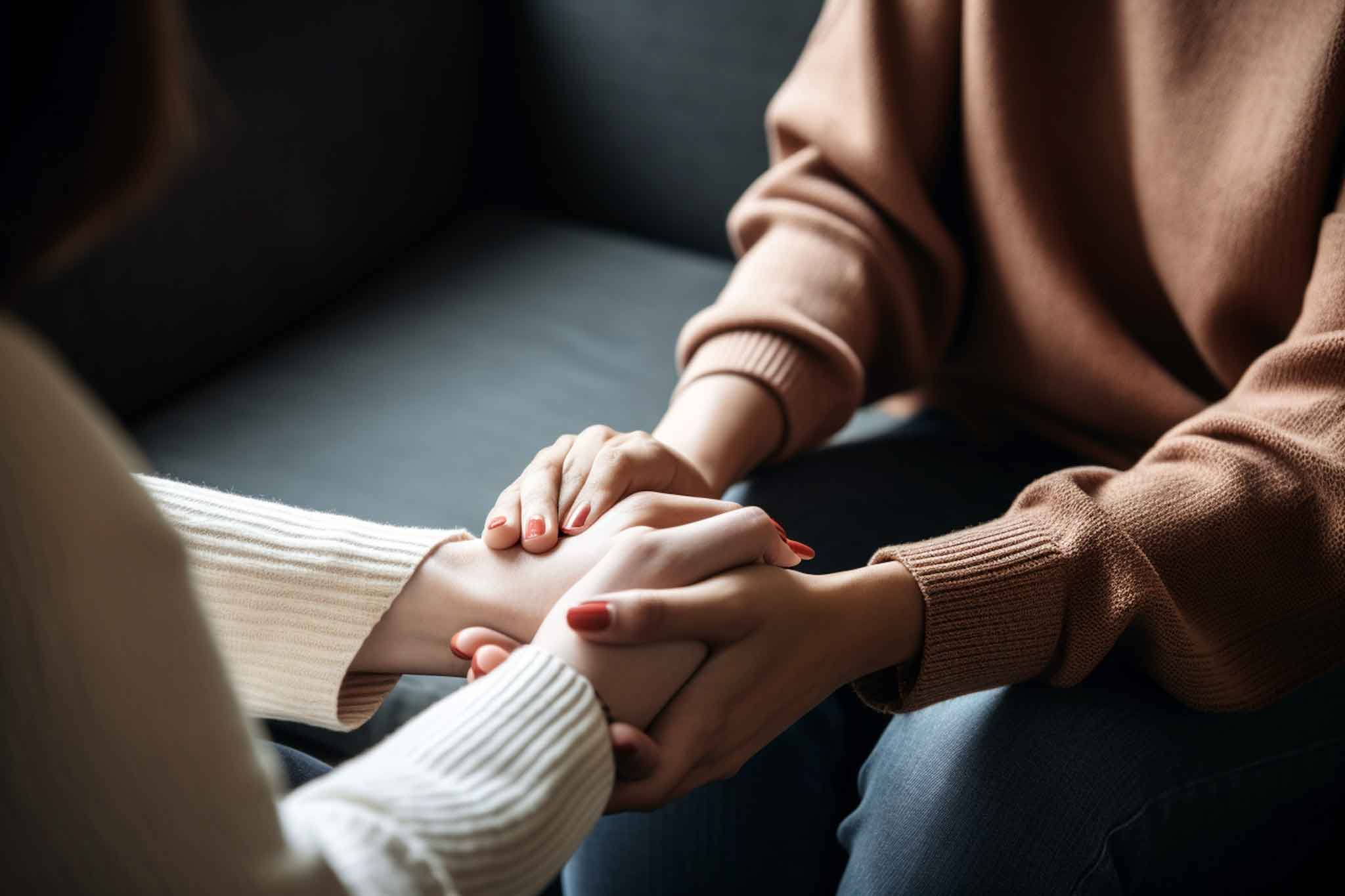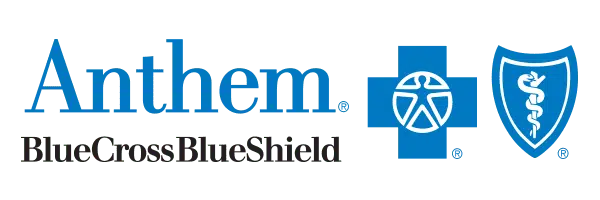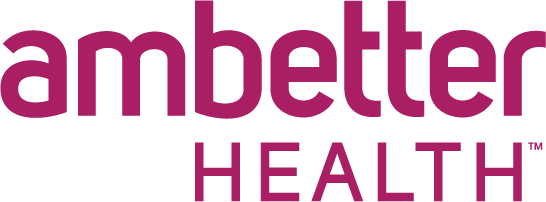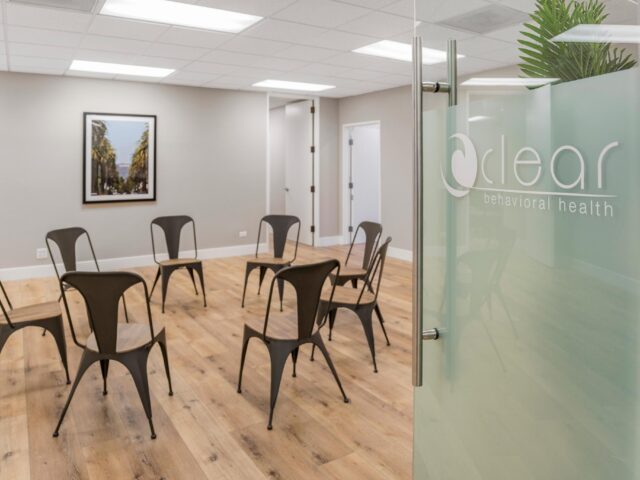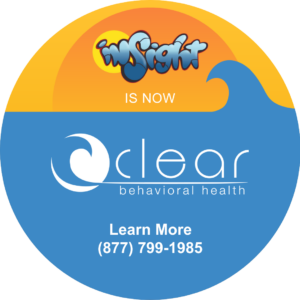Rehabilitate Safely
Take a Tour of Our Amazing Residential Treatment Centers
Supported by Clinical and Therapeutic Experts
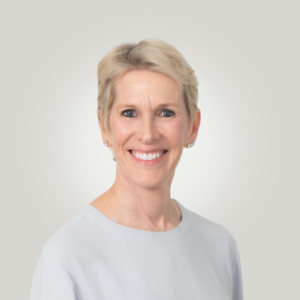
Dr. Martha Koo, M.D.
Chief Medical Officer
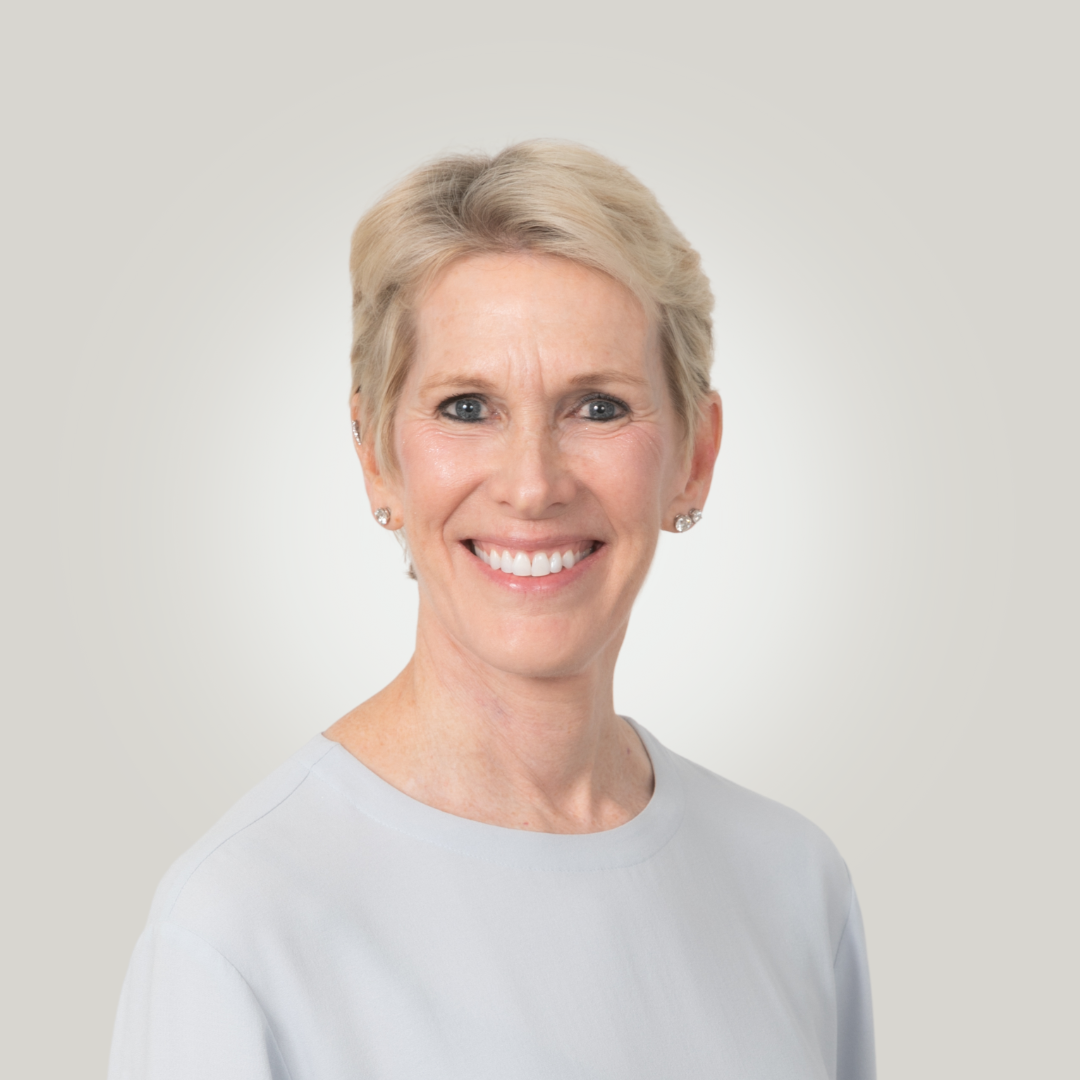
Dr. Martha Koo, M.D.
Chief Medical Officer
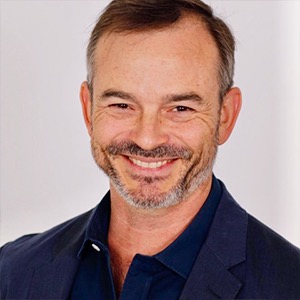
Dr. Jason Giles, M.D.
Attending Physician

Dr. Jason Giles, M.D.
Attending Physician

China Brezner, LMFT
Detox/Residential & Dual Clinical Director
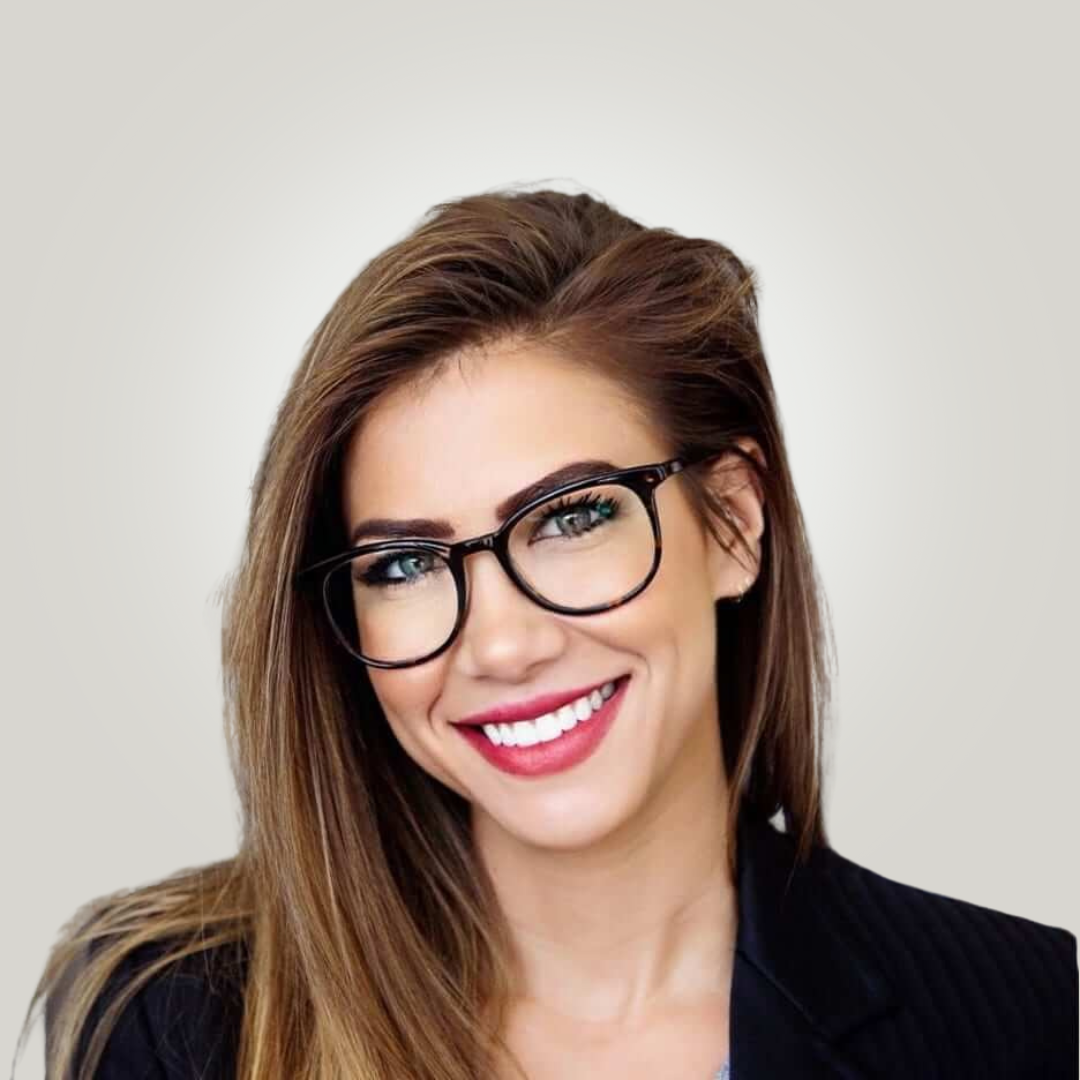
China Brezner, LMFT
Detox/Residential & Dual Clinical Director
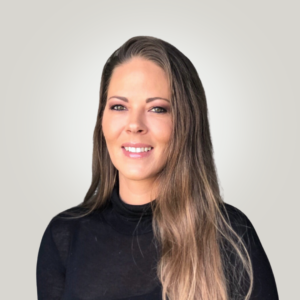
Jamie Arthur, CATC, CDAC-II
Residential Services Program Director
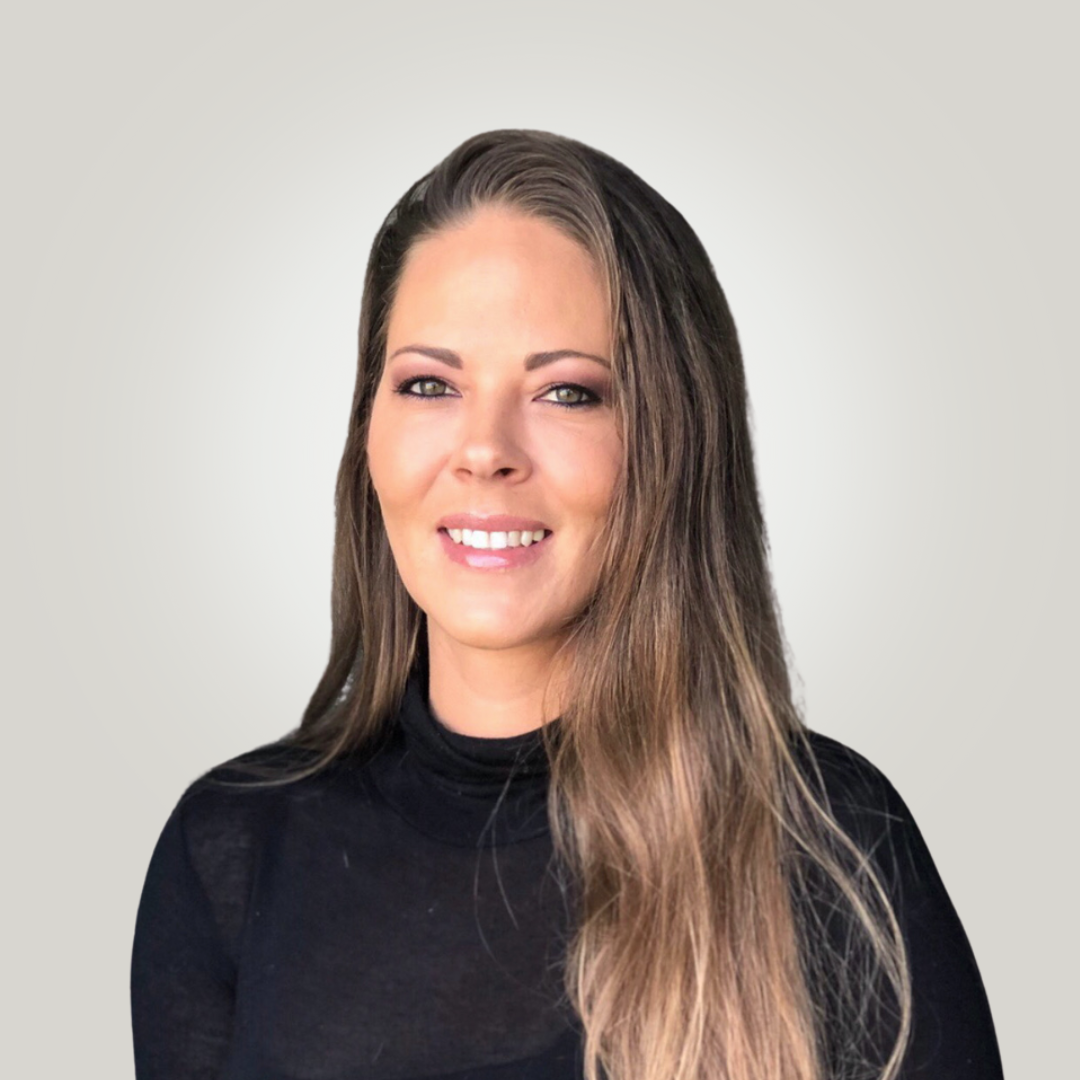
Jamie Arthur, CATC, CDAC-II
Residential Services Program Director
Our Residential Treatment Centers Conveniently Located Near You
Supportive Recovery in a Home-Like Environment
We understand that the environment can make a big difference in our clients’ ability to positively process their experiences and achieve long-term recovery.
When we designed our residential treatment centers for substance use detox and rehab, our mission was to create a supportive, home-like environment that fosters comfort, community and total wellness. Our programs are dedicated to supporting our clients in achieving complete wellness: mind, body and spirit.
Clear Residential Treatment Center clients participate in weekly individual therapy sessions and daily process groups run by licensed psychotherapists. They also meet regularly with a dedicated counselors and interact daily with our phenomenal recovery technicians to provide support at every level of recovery.





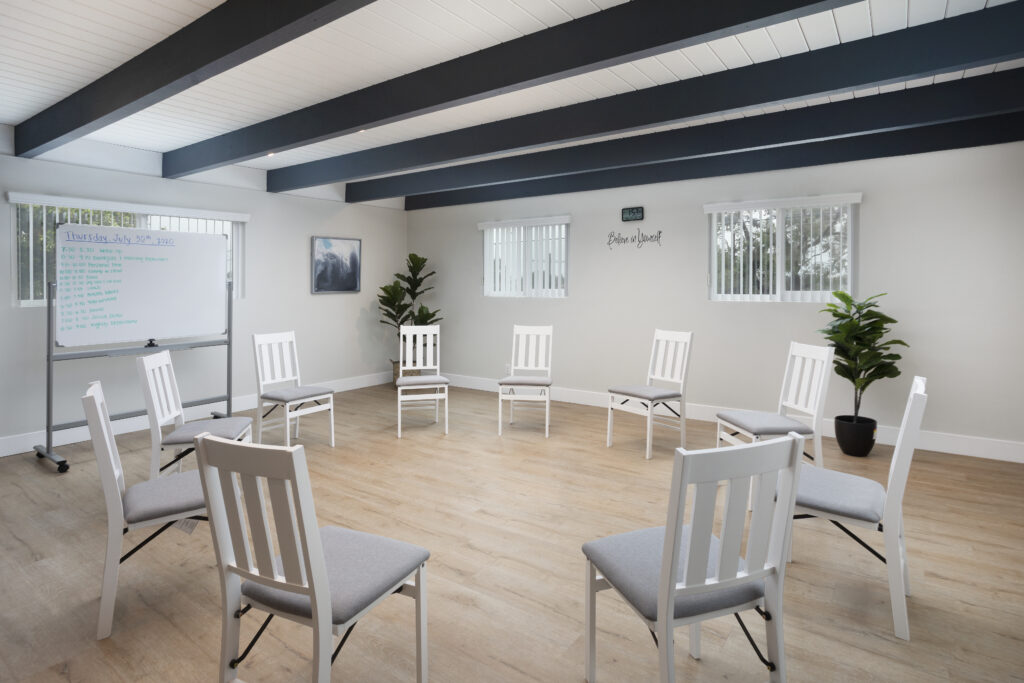
Our Treatment Center Amenities
At Clear Residential Center, we provide all the amenities you may need to feel at home during your stay. Our clients enjoy three meals per day prepared by our private chef using tasty local ingredients. Clients also engage in a variety of holistic, experiential therapies including life skills groups, stress reduction seminars, yoga and local excursions.
Our Redondo Beach detox and rehab programs for substance abuse in our residential centers, located just minutes from the Pacific Ocean, features beautiful views, spacious gardens and comfortable accommodations.
The warm, Southern California weather means our clients can enjoy fresh air, our expansive backyard garden and other outdoor activities year-round. Plus, our close proximity to the beach, health-oriented culture and tight knit community make the South Bay an ideal place to live your healthiest life.
Our amazing amenities include:
- A private chef who prepares all meals, adhering to individual dietary restrictions
- Semi-private accommodations
- Two large backyards that include lounging areas, a vegetable garden, ping pong and other yard games
- Large television screens in common areas with access to streaming services
- On-site washer and dryer
- Gym equipment
We take pride in our residential programs and make sure every client is taken care of in a supportive and encouraging atmosphere.
Detox and Rehab Programs for Substance Abuse
in Our Residential Treatment Centers
What You Can Expect From Our Programs
Our skilled and passionate clinicians, many of whom went through our programs themselves, are dedicated to provide clients with the tools they need to live a life free from addiction. With nearly two decades of experience helping our clients rebuild their lives, we have a long-standing reputation in the recovery community.
Clear’s detox and rehab programs in our residential treatment centers use a comprehensive approach. Each level of care includes a unique combination of amazing, evidence-based modalities including:
- Group therapy sessions to provide a sense of community, promote self-regulation, and establish a support network of peers
- Individual therapy to support continued healing from underlying issues, gain insight and set goals
- Counseling to build skills for navigating transition and creating positive change
- Coping skills to reduce emotional overwhelm, manage stress and enhance mood
- Relapse prevention strategies to manage high-risk situations and promote sustained recovery
- Psychiatry care and medication management, as needed
- Aftercare programming to facilitate long-term healing and support that extends beyond discharge
- Confidentiality to prevent any disclosure of information related to treatment without consent and full release by the client
- Medical leave or disability documentation is provided to all those who qualify
Conditions We Treat
We’re here for you, 24/7
If you or a loved one is struggling with addiction, or substance abuse, Clear Behavioral Health’s medical detox and residential rehab programs can provide the best 24/7 support and guidance needed to begin the journey to achieving sustainable recovery.
At our Clear Residential Centers, we recognize the importance of simultaneously treating all co-occurring disorders along with substance abuse to achieve long-term success at recovery. Our experienced, compassionate staff is skilled at identifying these underlying mental health problems and tailoring each client’s treatment plan accordingly.
How to get started:
- Call 877.799.1985 and speak to a member to our care team who will walk you through our program and answer any questions. We accept most major insurance plans and help prospective clients understand their coverage.
- Book a brief, complimentary assessment with our clinical team and receive an intake date, usually within one to three days.
- Meet your clinical team and get started.
Frequently Asked Questions
-
How do I determine what type of treatment is best?
Our expert admissions team is standing by to provide private and confidential answers to your questions, and help you determine which level of care is best for your unique health goals and needs.
-
What can I bring to residential treatment?
Our team recommends packing like you’re going on a week-long vacation. It’s best to bring one week’s worth of clothes with options for hot and cold weather as well as different activities including comfortable lounging, outdoor movement and nicer clothes for group meetings. All clients have access to laundry throughout their stay.
We recommend the following:
- Insurance card and photo ID
- Comfortable everyday shoes
- Sneakers or other shoes for sports/walks outside
- Flip-flops for the shower, if desired
- Slippers to keep your feet warm inside
- T-shirts or tops with sleeves and/or cardigans to wear over sleeveless tops
- Pants, shorts, or skirts that comply with appropriate dress
- Gym clothes for yoga, workouts, or other forms of exercise
- Socks
- Underwear
- Swimming trunks for men or one-piece bathing suit for women
- Pajamas
- Glasses or contacts, as needed
- Personal hygiene items like toothbrush, toothpaste, deodorant or shampoo
- Basic, to-go kit of cosmetics, if desired
- Shaving razor or electric razor and shaving cream, if desired
- Hobby items, such as art materials, games, sketching, musical instruments and books as approved by Clear
- Current prescription medication in the original pharmacy bottle with the information label intact, and a list of all your medications and dosages
-
Which medications are used for detox?
Medications used to maximize the safety and comfort of detox vary based on the substance abused and severity of withdrawal. Some examples include:
Opioid Use Disorder: Medications such as tegretol and gabapentin can help manage withdrawal symptoms and cravings.
Alcohol Use Disorder: Medications such as benzodiazepines (diazepam or lorazepam) gabapentin, tegretol can help manage symptoms of alcohol withdrawal, including anxiety, seizures, and insomnia and cravings.
Sedative Use Disorder: Medications such as diazepam or chlordiazepoxide can help manage withdrawal symptoms, such as seizures and anxiety.
Stimulant Use Disorder: Medications such as benzodiazepines or antipsychotics can be used to manage symptoms of stimulant withdrawal, including anxiety, agitation, and paranoia.
At Clear, medications are only used under the supervision of a licensed medical professional and when indicated. Our strong belief is that medications are just one part of a personalized, comprehensive treatment plan, used in combination with individual therapy, psychoeducation and family intervention, for total mind body recovery. All medication decisions are made in collaboration with each client, and medication selection is dependent on the each client’s unique medical history, current health status, health goals and other factors.
-
What about insurance?
At Clear Behavioral Health, we understand that when people seek treatment, cost is an important factor. That’s why we accept most insurance and can work with you to understand your exact coverage options with full cost transparency before you start treatment.
-
What does a typical day in residential treatment look like?
In Residential Rehab, the treatment focus shifts from managing withdrawal symptoms to therapeutic immersion that targets the physical, psychological, emotional, and spiritual aspects of healing. Each day, clients participate in engaging multimodal group and individual therapy sessions to gain insight and process underlying causes of addiction. A typical day in residential treatment includes:
9am Morning Reflections and Breakfast Prepared by Private Chef
10am Process Group or Affirmations Activity, Led by a Licensed and Credentialed Expert
11am Physical Activity or Family Visit Time
12pm Lunch Prepared by Private Chef
1pm Breathwork or Other Group Therapy, Led by a Licensed and Credentialed Expert
2pm Art Therapy or Other Group Therapy, Led by a Licensed and Credentialed Expert
Break Time
3:30pm Yoga, Spiritual Practices Group or Other Group Therapy, Led by a Licensed and Credentialed Expert
4:30pm Addictive Thinking Discussion
5:30pm Dinner Prepared by Private Chef
Break Time
8pm Nightly Reflections
-
How does detox and residential treatment work?
When extra time, safety or space is needed for substance use recovery, our detox and residential rehab programs are designed to promote health and wellness in a healing, supportive environment. Our compassionate therapeutic and clinical team takes a holistic approach to helping clients heal comfortably by integrating engaging and multimodal therapy, individualized treatment plans and 24/7 nursing supervision and support.
Upon intake to our detox program, clients meet with a physician who conducts a comprehensive evaluation and designs an individualized detoxification protocol using medication-assisted therapy. Typically, detox lasts between 5 and 7 days after which, most clients transition into our residential rehab program.
In residential rehab, the treatment focus shifts from managing withdrawal symptoms to therapeutic immersion and planning for the next level of care to facilitate long-term healing and support that extends beyond discharge. Typically, residential treatment lasts around 2-4 weeks, and exact length of stay is highly individualized to each client’s unique needs and health goals.
-
When can I start treatment?
We believe people should be able to access the highest quality addiction care, when they need it. That’s why we offer rolling admissions to ensure we can get our clients the help they need as quickly as possible. Our admissions process is rapid, typically 24-72 hours, and our centers offer safety, comfort and natural beauty, allowing clients to heal within a tranquil and supportive setting.
-
What does the treatment team at Clear look like?
Each client’s treatment team includes an individual therapist, experiential practitioners, credentialed group facilitators, medical experts such as doctors and psychiatric nurse practitioners, and a counselor dedicated to developing a life skills and an after-care plan following treatment. In addition, clients in residential treatment are supported by recovery technicians.
-
How does the admissions process work?
Our admissions team is always available to ensure prospective clients remain informed and comfortable during the admission process. We know how important it is for those seeking help to understand their treatment and coverage options. Once you call our admissions team, they will guide you through the intake process, which includes insurance verification and a complimentary assessment to assist you with placement into the most appropriate program. If you decide Clear is the right fit, the next step is logistical planning for your intake date and first day of treatment.
-
Can I schedule a tour?
Yes, we love showing off our centers! Contact our team by phone and we can arrange a day and time that works best with your schedule.
-
Don’t see your question here?
Let’s fix that. Give our expert team a call or schedule your free consultation.
